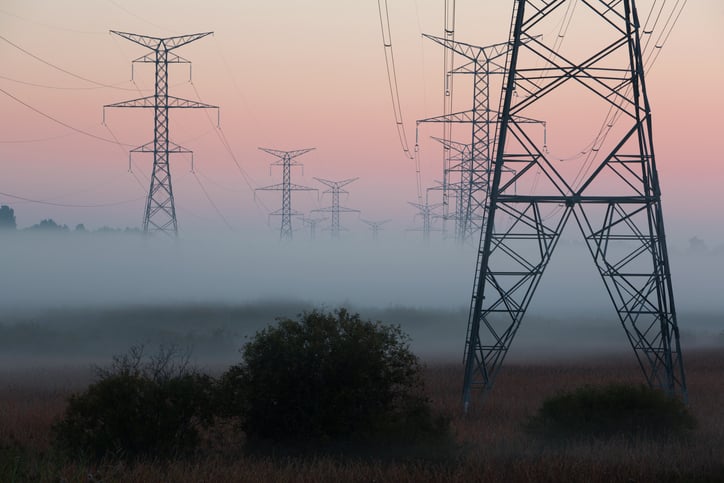For the third year in a row, mutualisation of Renewables Obligations (RO) has been triggered according to Ofgem.
A number of suppliers failed to make their 2019-20 RO payments by the late payment deadline of 31 October 2020, leading to a “relevant shortfall” in the clean energy support mechanism.
Mutualisation – by which the shortfall in RO payments made to the regulator Ofgem in leu of suppliers using renewable generation is distributed among suppliers who have made their payments – will happen if suppliers reach this set threshold as they have done in 2018 and 2019.
In September, Cornwall Insight warned that the threshold was once again being neared, suggesting there is a potential shortfall in the RO buy-out fund of approximately half of the £16.94 million mutualisation threshold at the time.
Following Ofgem’s confirmation this week, Tim Dixon, wholesale team lead at the research company explained that any further non-payments from suppliers – including those that were issued Final Orders – following the company’s September predictions would have been enough to trigger mutualisation.
“Unfortunately, this means that other suppliers will be picking up the costs of exited rivals across 2021 and 2022, which will ultimately be passed on to the consumers’ bill,” he continued.
“While Ofgem will not confirm the total shortfall until early December, it seems unlikely that we will see a shortfall as large as the levels seen in 2017-18 and 2018-19. But the legacy of any defaulted payments will endure.”
The regulator has issued three final orders to suppliers who had failed to meet their RO payments by the end of October, collectively owing £15 million in RO and feed-in tariff payments.
Nabuh Energy Limited, Robin Hood Energy Limited and Symbio Energy Limited all failed to pay into the buyout fund or present the required number of Renewables Obligation Certificates (ROCs) by the initial deadlines of 31 August and 1 September 2020.






